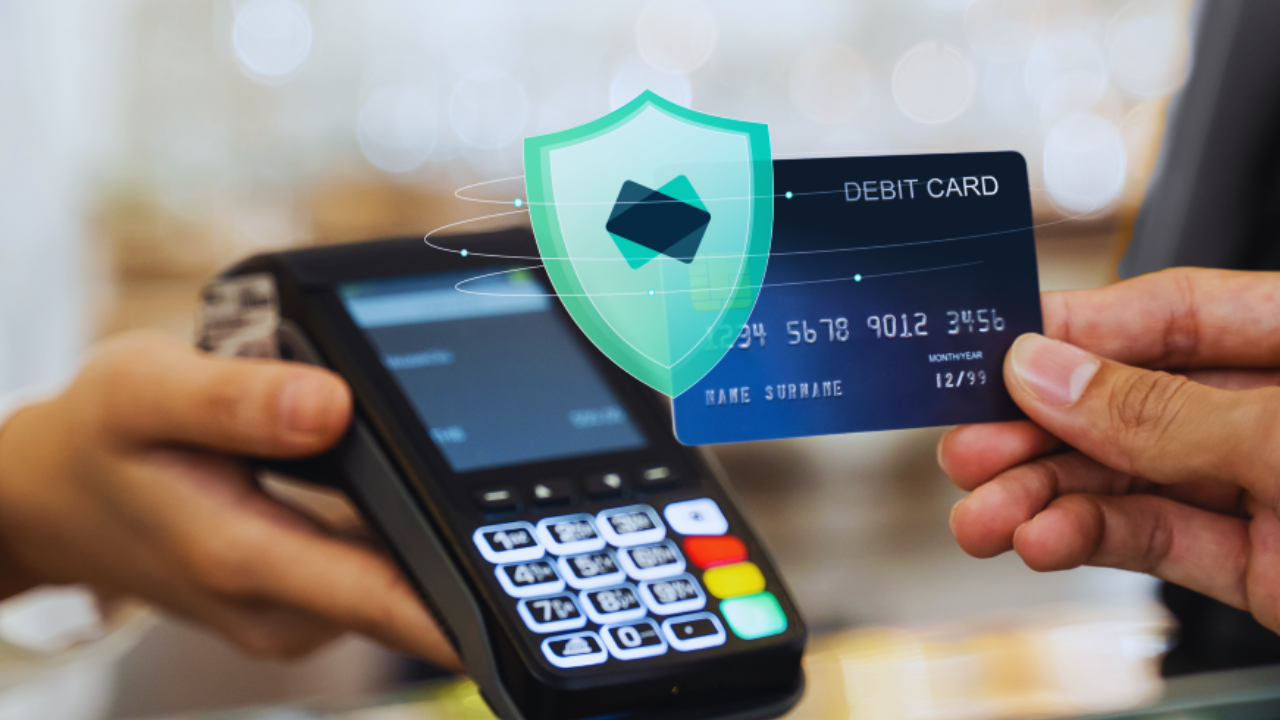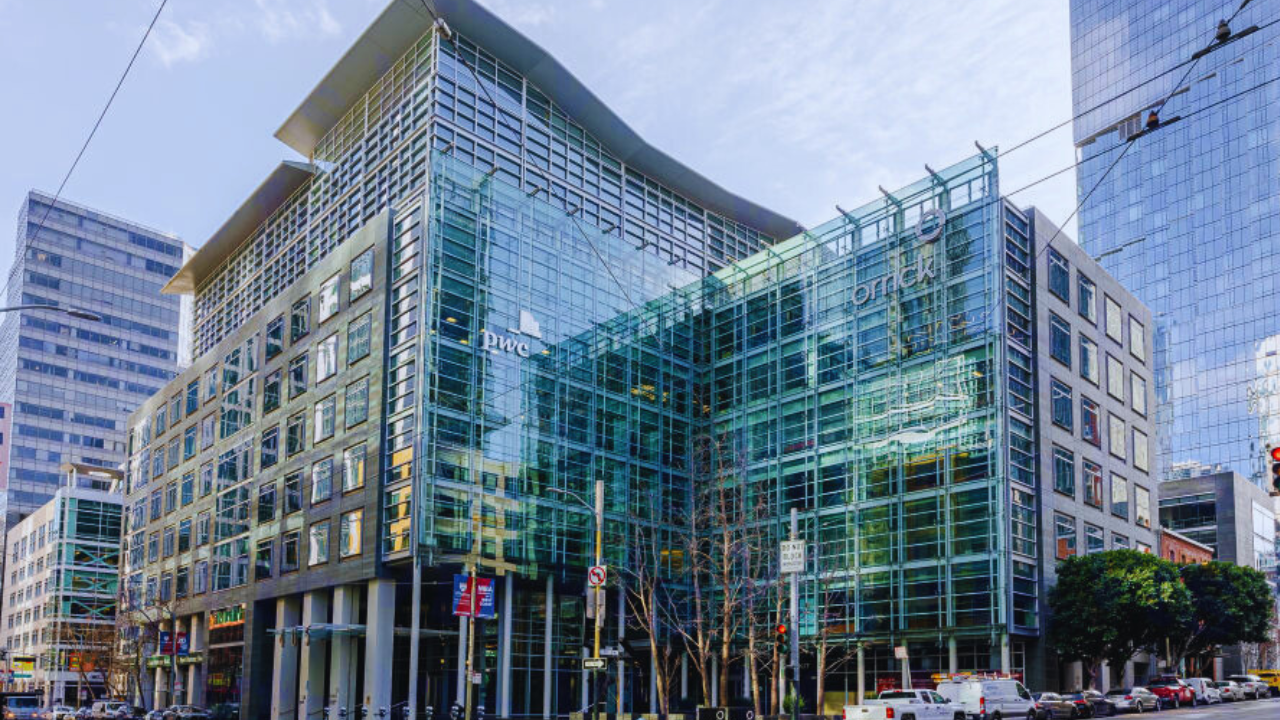Credit Card statements often contain entries that may seem unfamiliar or confusing at first glance. One such entry that frequently raises questions is the charge labeled ‘405 Howard Street San Francisco‘. This charge can appear on your credit card statement for a variety of legitimate reasons, and understanding its origin is crucial to managing your finances effectively.
405 Howard Street is a prominent location in San Francisco, home to numerous businesses and services. This address is significant because it serves as the registered location for several companies, particularly those in the technology and financial sectors. Many transactions processed by these companies are recorded under this address, leading to its recurrent appearance on credit card statements.
When you see a charge from 405 Howard Street, it’s often associated with a transaction you made with a company that has its billing operations registered at this location. These businesses range from software service providers to financial consulting firms, and even some online marketplaces. As such, it is not uncommon for consumers to encounter this charge, especially if they frequently engage with tech-oriented or financial services.
Understanding the commonality and legitimacy of the 405 Howard Street charge can alleviate concerns about potential fraudulent activities. Rather than being an immediate cause for alarm, it serves as a reminder to review your recent transactions and verify them against the charge. By doing so, you can ensure that all entries on your credit card statement are accurate and accounted for.
In the subsequent sections, we will delve deeper into the types of businesses associated with 405 Howard Street, how to verify these charges, and steps to take if you suspect an erroneous or fraudulent charge. This comprehensive approach will help demystify the 405 Howard Street charge and empower you to manage your credit card statements with confidence.“`html
Possible Sources of the Charge

The address 405 Howard Street in San Francisco is a hub for a variety of businesses and services. Identifying the charge on your credit card requires an understanding of the diverse range of entities that operate from this location. One prominent tenant in this building is LinkedIn, a well-known professional networking platform. If you have recently upgraded your LinkedIn account or purchased advertising services, this could be a potential source of the charge.
Another significant occupant of 405 Howard Street is the shared workspace provider, WeWork. Businesses and freelancers who utilize WeWork’s coworking spaces or meeting rooms might see charges originating from this address. WeWork offers membership plans and additional services that could result in recurring or one-time charges on your credit card.
Additionally, several technology startups and consulting firms have offices at 405 Howard Street. For instance, companies such as Salesforce have been associated with this location. If you have engaged with any cloud services, CRM software, or consulting services provided by these firms, it is possible that the charge reflects these transactions.
Furthermore, financial services and legal firms also occupy space within 405 Howard Street. These entities often provide a range of services from legal consultation to financial planning and investment advice. If you have utilized any specialized services from such firms, this could be another potential source of the charge.
It is also worth noting that temporary or pop-up businesses occasionally operate from this address. Events, conferences, or temporary service providers might register under the 405 Howard Street address, leading to charges that might appear unfamiliar at first glance.
By considering these possibilities, you can narrow down and identify the specific business or service associated with the charge on your credit card. Always cross-reference recent transactions and subscriptions to determine the exact source.
How to Identify the Charge
When you notice a charge labeled “405 Howard Street San Francisco” on your credit card statement, the first step is to verify its legitimacy. Begin by carefully examining your credit card statement to pinpoint the exact date and amount of the charge. Make a note of these details as they will be crucial in cross-referencing your recent financial activities.
Next, review your recent transactions and receipts, both physical and digital, to see if any correspond with the charge. This could include purchases made in-store or online, subscriptions, or services acquired. If you frequently shop or dine in San Francisco, especially around the SoMa district where Howard Street is located, it’s possible the charge is from a business in that area.
Should the charge still appear unfamiliar, consider reaching out to the business directly. Conduct an online search for businesses located at 405 Howard Street, San Francisco, and contact them to inquire about the transaction. Businesses can often provide additional details, such as the nature of the purchase or the name under which the charge appears on statements.
Distinguishing between legitimate charges and potential fraud involves checking for any anomalies. Legitimate charges usually align with your spending habits and known vendors. In contrast, fraudulent charges may appear unexpected, with irregular amounts or from unfamiliar merchants. If you suspect the charge is fraudulent, immediately contact your credit card issuer to report the suspicious activity. They can assist in investigating the charge and, if necessary, issue a new card to prevent further unauthorized transactions.
It’s also advisable to regularly monitor your credit card statements and set up alerts for any unusual activity. Being vigilant can help you quickly identify and address any discrepancies, ensuring the security of your financial information.“`html
Common Businesses at 405 Howard Street

405 Howard Street in San Francisco is a bustling hub of activity, housing numerous well-known businesses. These companies span various industries, making it essential to identify which one might be responsible for a charge on your credit card. Below is a detailed list of prominent businesses located at this address, along with the types of transactions they commonly process.
Salesforce: As a leading customer relationship management (CRM) platform, Salesforce processes transactions related to software subscriptions, training programs, and professional services. If you or your company use Salesforce products, this might explain a charge from 405 Howard Street.
LinkedIn: LinkedIn, the professional networking service, offers premium subscriptions, advertising solutions, and talent solutions. Charges from LinkedIn could stem from any of these services, particularly if you have a premium membership or run advertisements.
Google: Google’s San Francisco office handles a variety of transactions, including advertising services through Google Ads, cloud computing services via Google Cloud Platform, and software purchases such as G Suite. If you utilize Google’s extensive suite of services, this could clarify a charge from this location.
Stripe: Stripe is a technology company that builds economic infrastructure for the internet, processing billions of dollars for businesses worldwide. Charges from Stripe could be related to payment processing fees or other financial services offered by the company.
WeWork: WeWork provides flexible workspaces, and charges may include membership fees, office rentals, and conference room bookings. If your business utilizes WeWork’s facilities at 405 Howard Street, this could account for a related expense.
Understanding the diverse array of businesses at 405 Howard Street can help in identifying the origin of a charge on your credit card. By matching the transaction type with these companies, you can resolve any confusion regarding unexplained charges and ensure your financial records are accurate.“`html
What to Do if You Don’t Recognize the Charge
Encountering an unfamiliar charge on your credit card statement can be alarming, especially when it reads “405 Howard Street San Francisco”. If you do not recognize this charge, immediate action is necessary to ensure your account’s security and to resolve any potential issues. Here are the steps you should follow:
Firstly, contact your credit card company as soon as possible. Most financial institutions have 24/7 customer support services to help with such inquiries. When you call, provide them with the date and amount of the charge and any other relevant details. The customer service representative can then provide additional information about the transaction, such as the merchant’s name and the nature of the purchase. This may help you recall the transaction or recognize the purchase.
If the charge remains unfamiliar, you may need to dispute it. Your credit card company will guide you through the dispute process, which often involves filling out a form or providing a written statement about why you believe the charge is unauthorized. It is important to act swiftly, as there are often time limits for disputing charges—typically within 60 days of the statement date.
In addition to disputing the charge, take further steps to secure your account. Request that your credit card company monitor your account for any other suspicious activities and consider setting up alerts for future transactions. You might also want to review your recent purchases and ensure no other unauthorized transactions have occurred.
Lastly, ask your credit card provider for more details about the charge. They may be able to provide you with additional transaction data, such as the merchant’s contact information or a description of the product or service purchased. This information can help you determine if the charge is legitimate or if further action is needed.
By promptly addressing an unknown charge such as “405 Howard Street San Francisco,” you can protect yourself from potential fraud and ensure your financial security.
Preventing Unauthorized Charges

Unauthorized charges on credit cards can be a significant concern for consumers. Implementing effective strategies to prevent such occurrences is essential for maintaining financial security. One of the most critical steps is to monitor your credit card statements regularly. By reviewing your statements frequently, you can quickly identify any unfamiliar charges, such as the 405 Howard Street San Francisco charge, and take immediate action.
Another effective measure is setting up alerts. Most credit card issuers offer customizable alerts that notify you of various activities on your account, such as large purchases, international transactions, or even when your balance reaches a certain threshold. These alerts can be sent via text message or email, providing real-time updates and enabling you to respond swiftly to any suspicious activity.
Using secure payment methods is another crucial practice. When shopping online, ensure that the websites you use are reputable and have secure payment gateways. Look for HTTPS in the website URL and be cautious of unfamiliar or unsecured websites. Additionally, consider using virtual credit card numbers for online transactions. These temporary numbers are linked to your actual credit card but can be used for a single purchase or a limited period, significantly reducing the risk of unauthorized charges.
Safeguarding your personal information is paramount in preventing unauthorized transactions. Avoid sharing your credit card details through unsecured channels or with unverified entities. Be cautious of phishing scams, which often attempt to trick individuals into providing sensitive information by posing as legitimate companies. Always verify the authenticity of the communication before sharing any personal data.
By integrating these best practices into your routine, you can significantly mitigate the risk of encountering unauthorized charges on your credit card. Regular monitoring, timely alerts, secure payment methods, and safeguarding personal information are foundational elements in maintaining robust Credit Cardsecurity.
Customer Experiences and Common Issues
Many customers have reported encountering the 405 Howard Street San Francisco charge on their credit card statements, leading to a range of experiences and common issues. One frequent concern among customers is the unexpected appearance of this charge, which can cause confusion and anxiety, particularly if they don’t recognize the vendor or remember making a purchase.
Several customers have shared their anecdotes online, shedding light on various scenarios. For instance, some customers discovered that the charge was linked to a subscription service they had signed up for but forgotten about. In these cases, the resolution often involved canceling the subscription and requesting a refund for any unauthorized charges. Others found that the charge was related to a one-time purchase from an online retailer based in San Francisco, and contacting the retailer’s customer service usually resolved the confusion.
Another common issue involves fraudulent activities. In certain instances, customers reported that the 405 Howard Street charge was indeed unauthorized and part of a larger pattern of fraudulent transactions on their accounts. To address this, many customers had to promptly contact their credit card issuers to report the fraud, initiate an investigation, and ensure that their accounts were secured. The credit card companies often issued refunds and replaced the compromised cards.
Furthermore, some customers noted discrepancies in the charge amount or billing date. These inconsistencies can arise from delayed processing times or errors in the billing system. In such situations, reaching out to both the vendor and the credit card issuer for clarification and correction often resolved the matter satisfactorily.
Overall, understanding the context and possible outcomes of encountering the 405 Howard Street San Francisco charge can alleviate some of the stress associated with unexpected credit card charges. By sharing and learning from real-life examples, customers can better navigate these issues and find appropriate resolutions.
Conclusion and Key Takeaways
In examining the 405 Howard Street San Francisco charge on your credit card statement, it is evident that vigilance and proactive verification of all charges are crucial. By understanding the nature and possible origins of such charges, individuals can better protect themselves against potential fraudulent activities.
Firstly, always scrutinize your credit card statements for unfamiliar transactions. If you encounter a charge from 405 Howard Street, identifying whether it is legitimate or fraudulent is essential. Contact the merchant directly for clarification, and if necessary, reach out to your credit card issuer to dispute the charge. Utilizing resources such as online transaction descriptions and customer service can help demystify any confusion regarding such charges.
Secondly, ensuring the security of your credit card information cannot be overstressed. Regularly updating passwords, monitoring account activity, and employing advanced security measures like two-factor authentication can significantly reduce the risk of unauthorized transactions. Familiarize yourself with your bank’s policies on fraud protection and report any suspicious activity immediately.
Lastly, staying informed about common billing practices and potential scams is imperative. Educating yourself about the businesses you frequent and the nature of their billing can prevent unwarranted surprises on your statements. Engage in proactive financial management by setting up alerts for transactions and periodically reviewing your credit reports to ensure accuracy.
By adhering to these guidelines, you can maintain a higher level of credit card security and peace of mind. Remember, the key to mitigating risks associated with charges like the 405 Howard Street San Francisco entry lies in consistent vigilance and prompt action. Stay informed, stay secure, and always verify your credit card statements meticulously.







